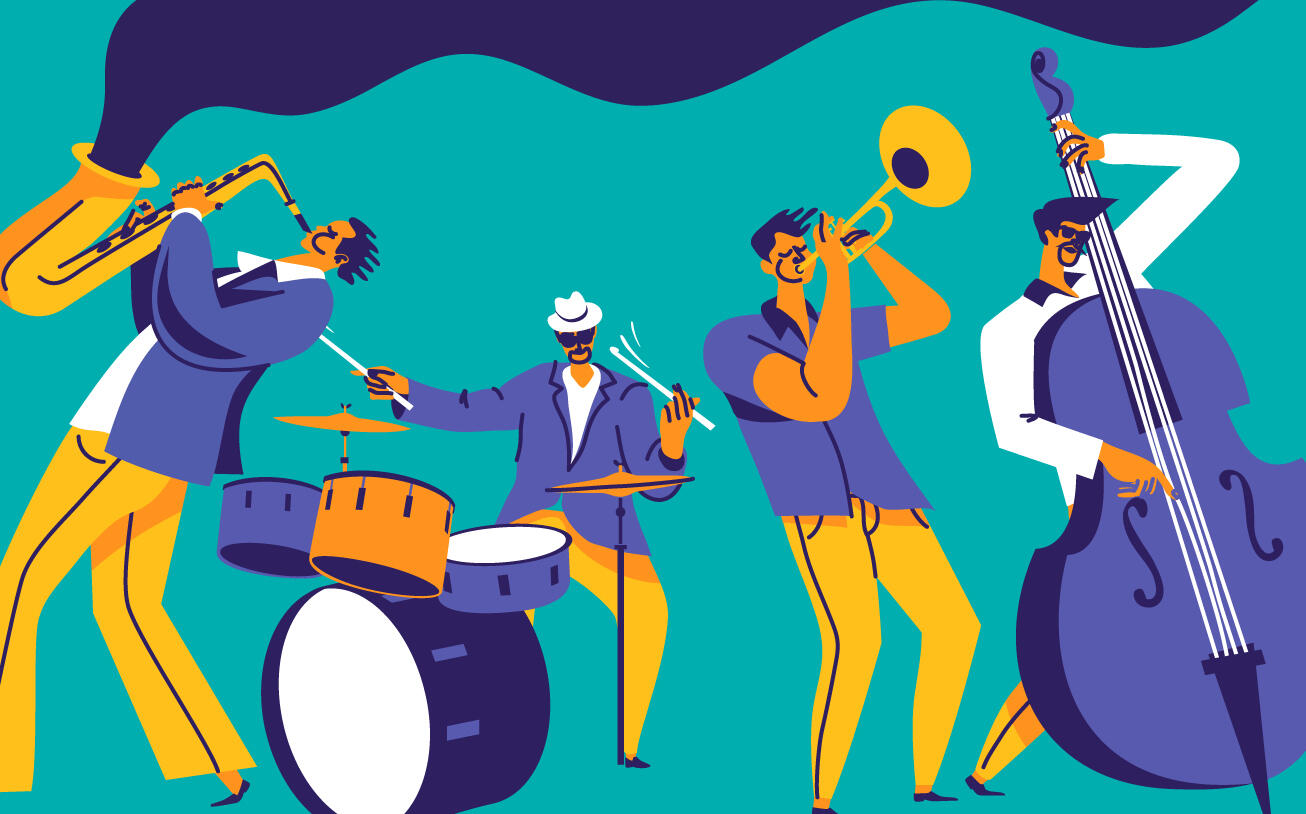 Public art’s influence on property value
Public art’s influence on property value
Trending
Hope returns to event venues faster than federal funds arrive

Few establishments have been as impacted by the pandemic as event venues. Unlike restaurants and retailers, who have struggled to scrape by with curbside, delivery, and online sales, venues need performances and people to make any money at all. Deprived of both for over a year now, most venues are on their last leg, left to struggle as nothing more than an afterthought in most pandemic recovery efforts. What little help has been directed at venues will be more than a day late and a dollar short. A vaccinated public eager to lose themself in a crowd of revelry may find their favorite venues silent.
Read more
 Public art’s influence on property value
Public art’s influence on property value
Local, state, and federal efforts to avoid the worst economic consequences wrought by the pandemic have dolled out trillions in recovery funds, only a tiny portion of which was allocated to struggling venues. It wasn’t until December 2020, nine months into the pandemic, that the Shuttered Venues Operators Grant (SVOG) was signed into law by President Trump, allocating $16 billion to the Small Business Administration to distribute to struggling venues. Grant applications didn’t open till April, the site crashed and was briefly closed. More than 12,000 applications were eventually received. As the pandemic begins to fade, not a single cent has been paid out. Now 14 months into a global pandemic, many event venues are still waiting for help.
“Simply put, this is emergency relief that can’t come too soon,” said Audrey Fix Schaefer, National Independent Venue Association (NIVA) board member and communications director. “Every single day that passes small businesses are receiving eviction notices, all the while $16 billion has been waiting for them. This is a lifeline for thousands of independent venues and promoters in big towns and in small communities across the nation. When you’ve had revenue losses of more than 90 percent and are in fear of going under, having the opportunity to apply for the grant is a relief, no matter what day of the week it is. We’re thankful our members won’t have to wait much longer.”
Absent the support, 90 percent of NIVA members would be forced to shutter their business, collapsing the live music industry. That would create devastating consequences for all sorts of businesses that rely on live events. Many of the most vibrant areas of cities are anchored by live venues that bring droves of people that eat, shop, drink, and spend in all sorts of ways. Without live music, tourism hubs like Austin, New Orleans, and Nashville have struggled, creating ripple effects for the hospitality sector.
In December of last year, another $15 billion relief bill was signed into law called Save Our Stages (SOS)! “SOS saved an entire industry,” Chris Bauman, founder, and president of Zenith Music Group in Chicago, told USA Today. “The vast majority of us are all small, mom-and-pop businesses. With no revenue, we are totally unbankable and have zero access to the capital we need to get through something like this, which is very different than a publicly traded company which has almost unlimited ability to get more cash when needed.”
For more than 300 venues across the country, it’s already too late. Legendary venues like the Copacabana in New York City and Threadgill’s in Austin have shut down. Surviving venues have had to cut 95 percent of staff, adding close to 250,000 workers to America’s unemployment rolls. Some venues were able to receive PPP funds, but with no income and hardly any capital, the funds didn’t last as long in the venue industry as they did in most others.
Around the country, efforts to save beloved venues have sprung up where federal help has been lacking. NIVA set up a $3 million fund to save more than 150 venues. The Chicago Independent Venue League (CIVL) launched its SAVE Emergency Relief Fund, powered by proceeds from merchandise sales, memberships, and online performances.
In Austin, grassroots efforts led to the city council passing its SAVES ordinance, a $15 million relief package with $5 million dedicated to venues. The venue Exit/In, part of Nashville’s music scene for over 50 years, was saved by a last-ditch grassroots effort that received funds from some of music’s biggest names. With nearly $300,000 raised through GoFundMe, the money will be used to keep the club independent by making an offer directly to hotel developer AJ Capital. Efforts to save live music venues have been a regular occurrence since the start of the pandemic with artists and performers using their platforms to direct aid to venues and organizations protecting them.
Texas, where acts like George Strait, Selena, ZZ Top, and UGK rose to prominence at local venues, is working to protect live venues perhaps more than any other state. Texas Senate Bill 609, signed into law by Gov. Greg Abbott, creates an incubator program providing up to $100,000 a year in tax rebates to venues with a capacity of fewer than 3,0000. Next year, dance halls, honky-tonks, and other venues across the Lone Star State will be able to apply for a portion of the $10 million annual grant.
“This bill is an absolute game changer,” Rebecca Reynolds, president of the Music Venue Alliance, told the Houston Chronicle. “We could not be prouder of all of the hard work that went into this first-of-its-kind legislation.”
Just as efforts to save live music venues gain momentum, the pandemic has begun to loosen its grip. New Orleans’ French Quarter is once again filled with the sound of music. After more than a year of national suffering, there’s finally something to celebrate. Lockdowns and mask mandates lifted, people are eager to get out and enjoy the revelry. Live music will provide the soundtrack. Broadway announced plans to reopen in September. Lady Gaga will reboot her delayed world tour in London in late July. Chicago’s Pitchfork music festival and Austin’s Austin City Limits festival have fans arguing on social media once again arguing about lineups, billing, and setlists.
Despite the hold-up on federal relief funds, optimism is returning for many venues. The SBA says the highest priority SVOG recipients should expect checks starting next week. Artists are booking shows, venues are increasing capacity and fans are purchasing tickets. Tickets for ACL in Austin sold out in just 90 minutes. Virtual concerts were a nice distraction during the pandemic, but they’re nothing like the real thing. When the beat hits you this summer, be thankful people love live music enough to step up and save the industry themselves. [Propmodo]




